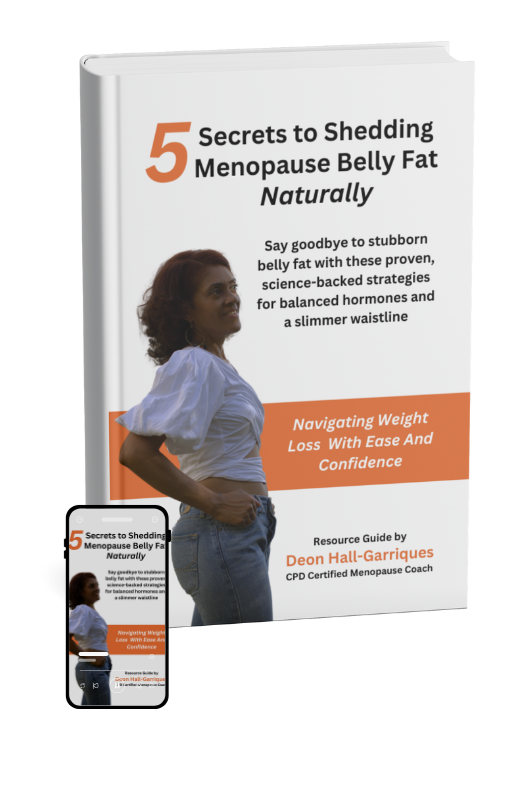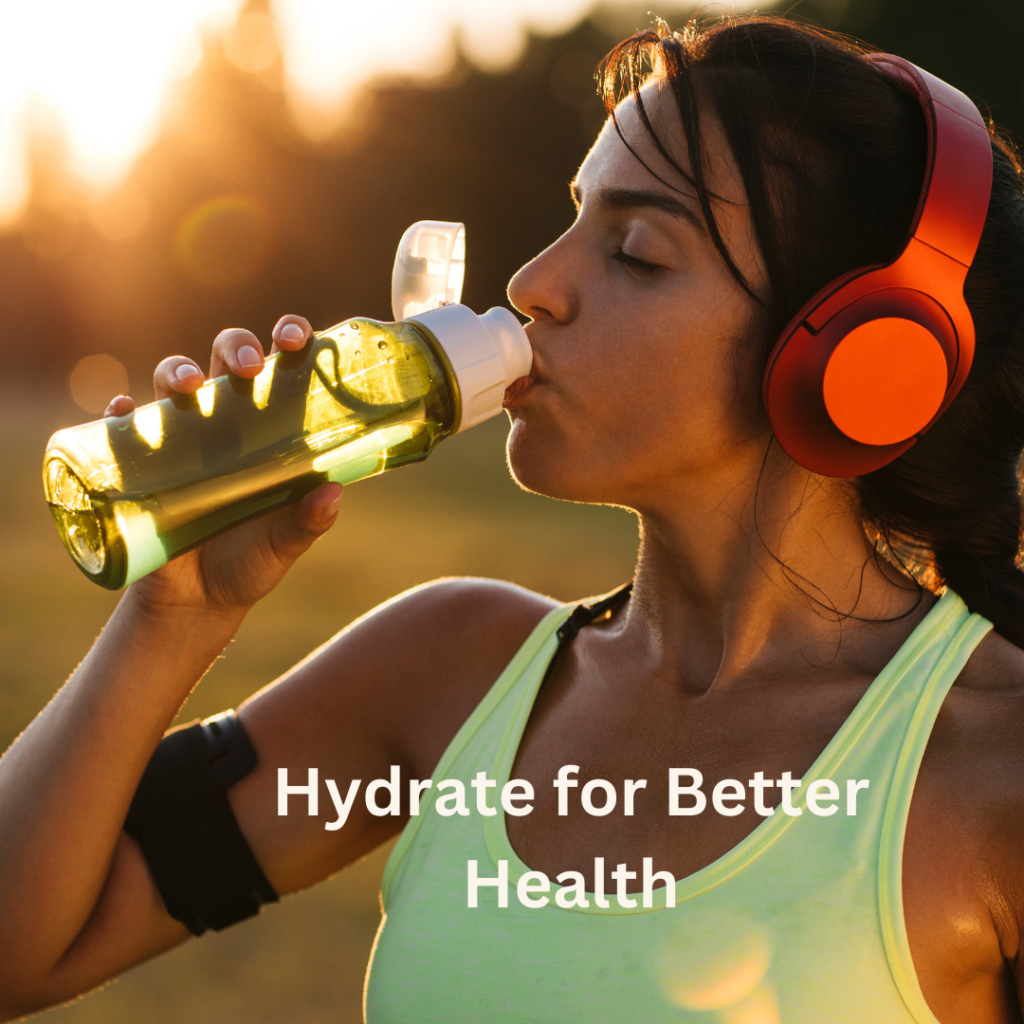Water is essential to life.
Our body is about 60% water and our brain is about 70-75%.
Therefore, hydration plays a critical role in making sure that our bodies function at their best.
Yet, many people underestimate the importance of drinking enough water daily, especially during the perimenopause and menopause transition.
In this article, my intention is to share with you the connection between hydration and overall health, particularly for women navigating hormonal changes.
Let’s dive into why hydration is a cornerstone of wellness and how you can optimize your daily water intake.
Why Hydration Matters
Hydration is crucial for every system in your body, from your brain to your heart, muscles, bones, and skin. Water facilitates essential processes, such as:
- Digestive Health
Water aids digestion by helping break down food and transporting nutrients into your bloodstream and cells. Without adequate hydration, digestion slows down, potentially causing constipation and reduced nutrient absorption. - Skin Health
Hydrated skin is soft, elastic, and radiant. In contrast, dehydration can leave your skin dry, flaky, and prone to fine lines and wrinkles. (And let’s face it—fewer wrinkles are always a bonus!) - Hormonal Balance During Menopause
As women transition from perimenopause to menopause and postmenopause, fluctuating hormone levels can exacerbate symptoms like brain fog, mood swings, and fatigue. Dehydration may worsen these symptoms, making adequate hydration even more essential during this life stage.
The Impact of Dehydration

Dehydration can lead to a wide range of symptoms, including:
- Fatigue
- Brain fog
- Mood swings
- Constipation
- Headaches
- Heart palpitations
- Muscle and joint pain
For women in their 40s and beyond, these issues may overlap with menopausal symptoms, creating further discomfort. Staying hydrated can help alleviate or prevent many of these challenges.
How to Assess Your Hydration Levels
The simplest way to gauge hydration is by checking the color of your urine:
- Pale yellow: Generally indicates proper hydration.
- Darker yellow: Suggests you need to drink more water.
Keep in mind that certain medications and foods (like beets) can temporarily alter urine color, so consider these factors when assessing your hydration.
Take a moment to reflect: On a scale of 1 to 10, how would you rate your hydration habits? If your score is on the lower end, it might be time to make hydration a daily priority.
How to Stay Hydrated
The best way to hydrate is by drinking water.

Sugary drinks are not effective and can even lead to dehydration.
Here are some tips to help you stay on track:
- Calculate Your Water Needs
A good rule of thumb is to drink half your body weight in ounces of water daily. For instance, if you weigh 100 pounds, aim for 50 ounces of water each day. - Start Your Day with Water
Begin your morning with 20 ounces of warm or room-temperature water. This helps kick-start your metabolism and rehydrate your body after a night’s rest. - Keep Water Accessible
Use a reusable water bottle to track your intake throughout the day. I keep a 30-ounce container at my desk and aim to finish two of these daily, totaling 60 ounces. - Incorporate Hydrating Foods
Foods like cucumbers, watermelon, and oranges are rich in water and can complement your hydration efforts. - Set Reminders
Use alarms or apps to prompt you to take a sip throughout the day, especially if you tend to forget.
Your Hydration Journey
Making hydration a priority can transform your health and well-being, especially during the menopausal transition.
By staying hydrated, you support your body’s natural processes, reduce the intensity of symptoms, and pave the way for optimal health.
How do you ensure you stay hydrated? If you’re looking to improve your hydration habits, I’d love to hear your strategies—or help you get started! Leave me a message and let’s stay hydrated together.
In Good Health,
Deon
DISCLAIMER: This information is not intended to provide medical advice. The purpose is to provide education and a broader understanding to my readers. Always seek the advice of your qualified healthcare provider before making any dietary or lifestyle changes. I do not recommend or prescribe, or recommend changing dosage or discontinuing, any prescription medications or pharmaceutical drugs.


